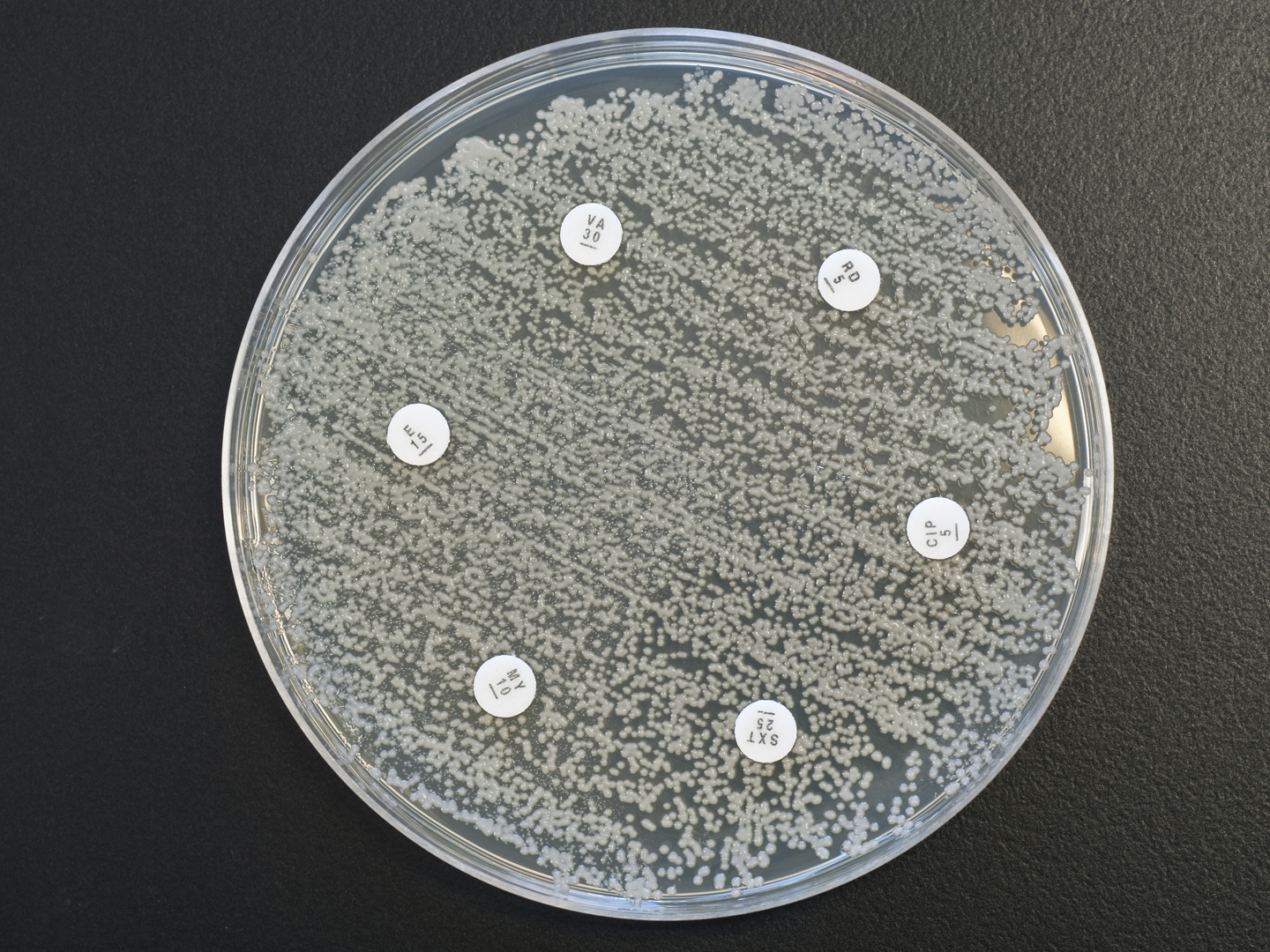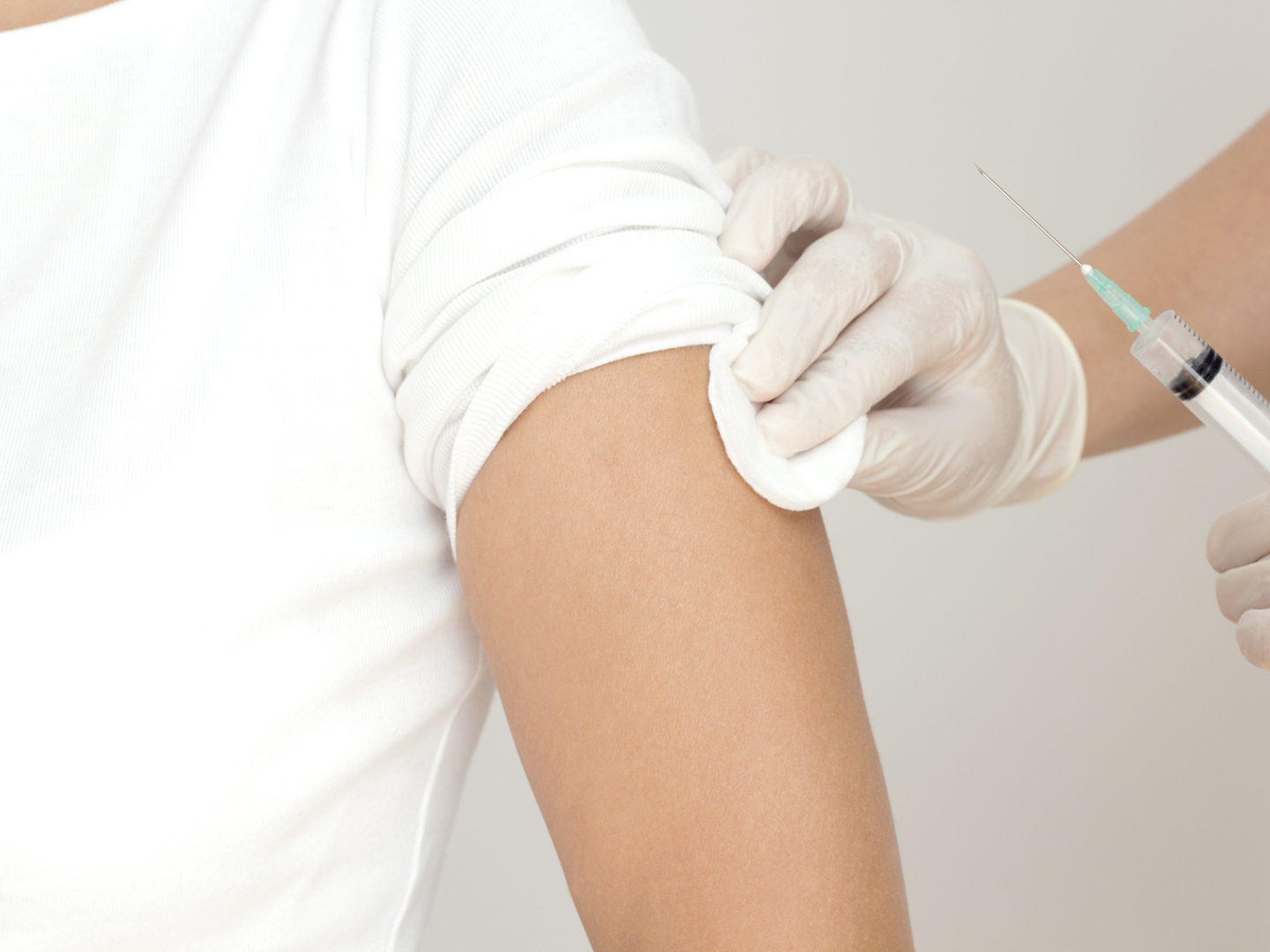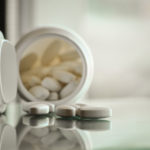Clindamycin: A Scary Antibiotic?
My wife recently took a daily dosage of 600 mg of Clindamycin for a urinary tract infection. If we had known anything about the potential side effects, we wouldn’t have gone near it. What can we do to mitigate them?
Andrew Weil, M.D. | June 3, 2019

Clindamycin is a powerful antibiotic usually reserved for very serious bacterial infections – of the lungs, skin, blood, female reproductive organs and other internal organs. It carries an FDA black-box warning to alert doctors and patients about possible adverse effects, including swelling of the face and tongue and serious skin reactions.
Clindamycin may be given to patients who can’t take penicillin because they’ve had an allergic reaction to it. This antibiotic wouldn’t be a first choice for a urinary tract infection, but you don’t say whether your wife’s infection failed to respond to other treatment before the Clindamycin was prescribed. (I would hope that her physician had a good reason for choosing it.) One reason that Clindamycin should be used with care is that it disrupts normal flora in the intestinal tract, sometimes causing a severe (rarely fatal) intestinal condition called pseudomembranous colitis. This can occur during treatment or up to two months later. The symptoms to watch out for are abdominal pain, nausea, vomiting, and diarrhea. If any occur during or following treatment, be sure to contact your physician immediately.
Nearly all antibiotics can cause the same intestinal problems as Clindamycin. For that reason, it is important to take a probiotic supplement throughout antibiotic treatment and for at least 10 days following.
Because of the anatomy of the female urethra, women are very susceptible to urinary tract infections. To help prevent them, I recommend practicing prudent and practical hygiene (such as wiping front to back and urinating after intercourse), as well as drinking unsweetened cranberry juice concentrate diluted with water or taking powdered cranberry extract in capsules. Cranberries contain a substance that helps prevent certain types of bacteria from sticking to the bladder wall. Drink lots of water in order to urinate more frequently and avoid alcohol and coffee, which are bladder irritants.
Andrew Weil, M.D.
Source:
Clindamycin, Medline Plus, National Institutes of Health, May 7, 2019, medlineplus.gov/druginfo/meds/a682399.html
Here is more information about the prevention and treatment of urinary tract infections.









